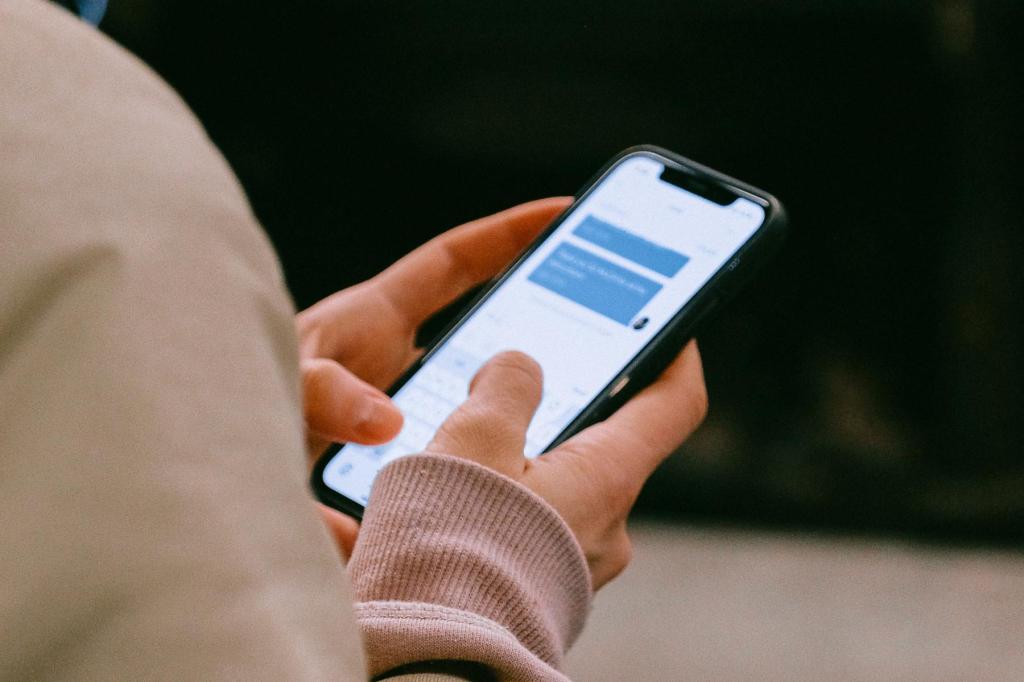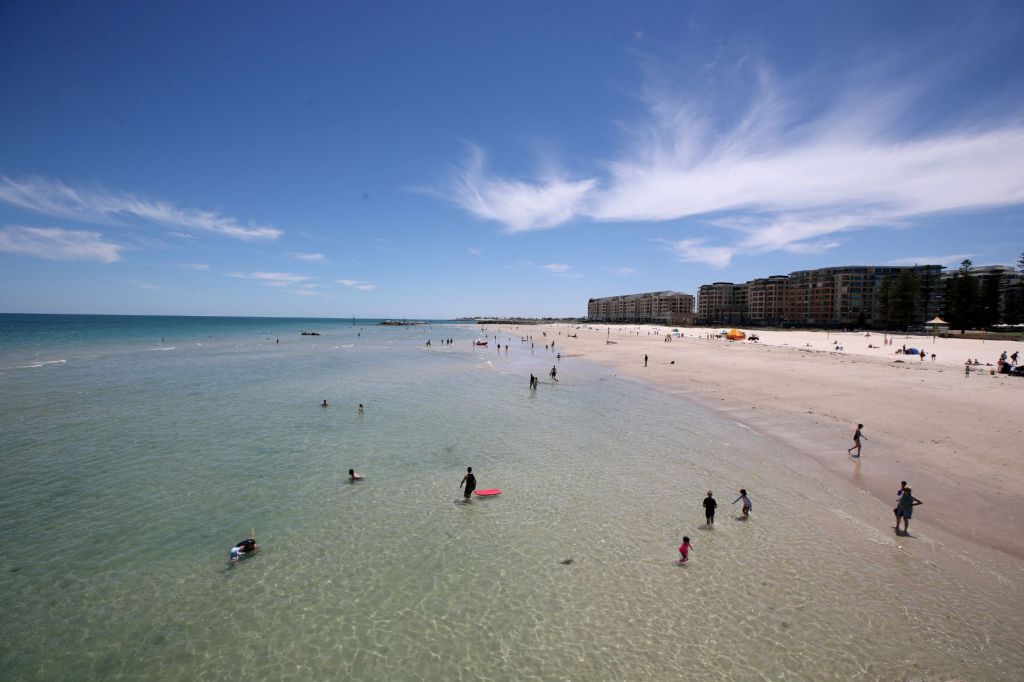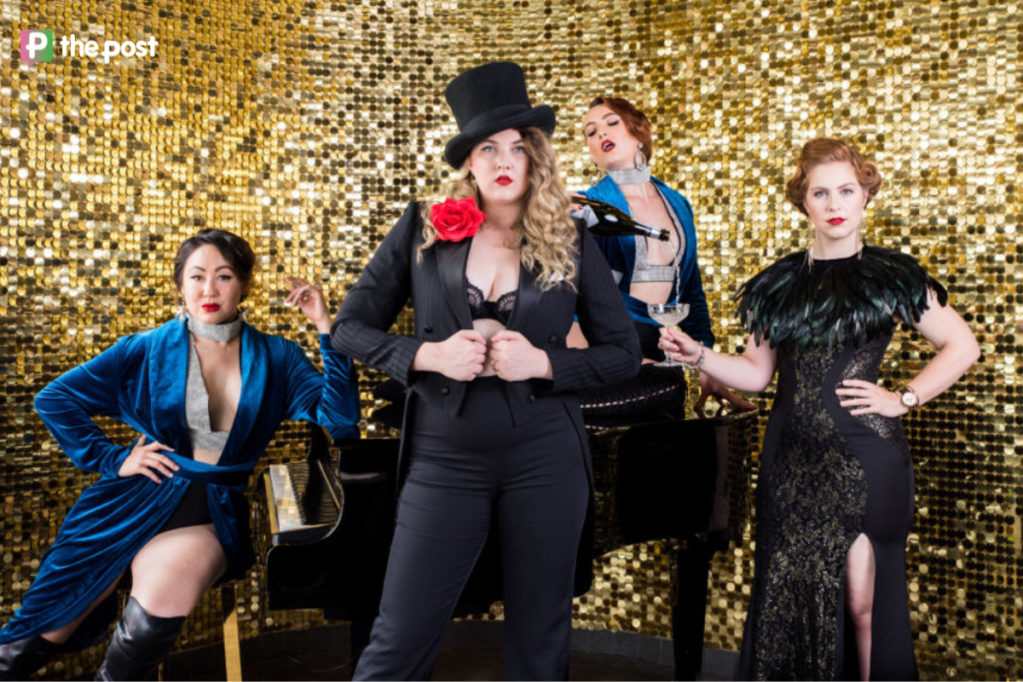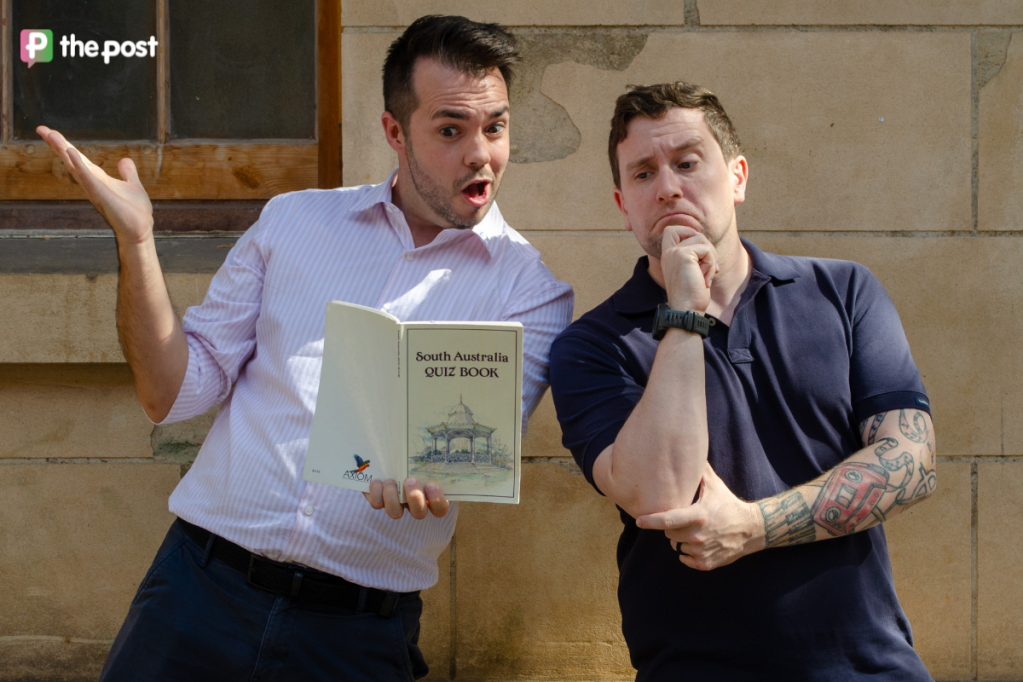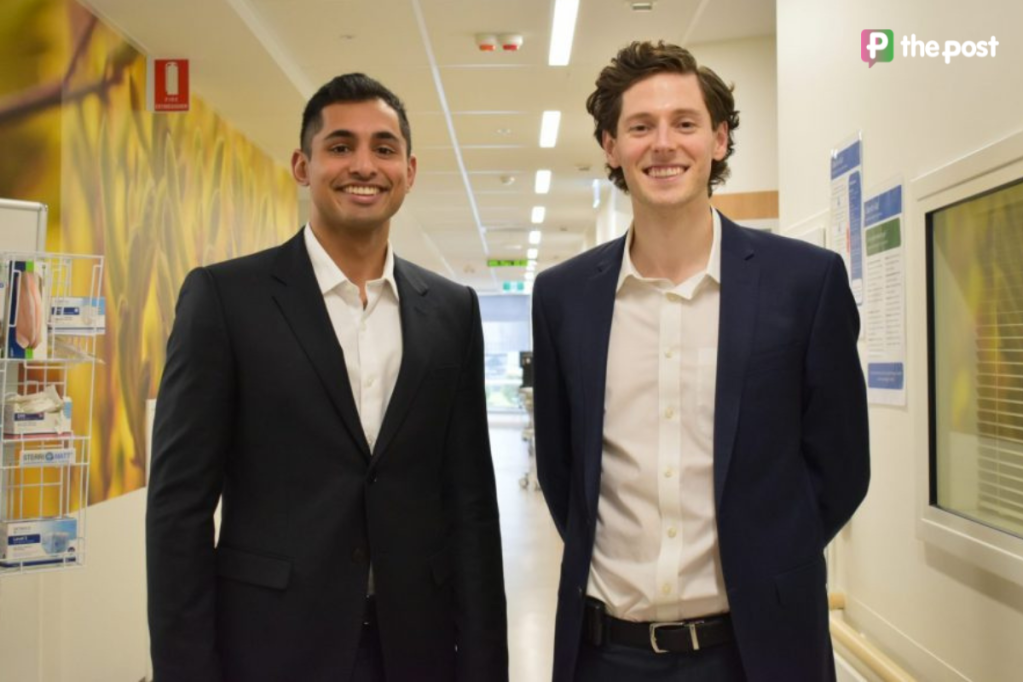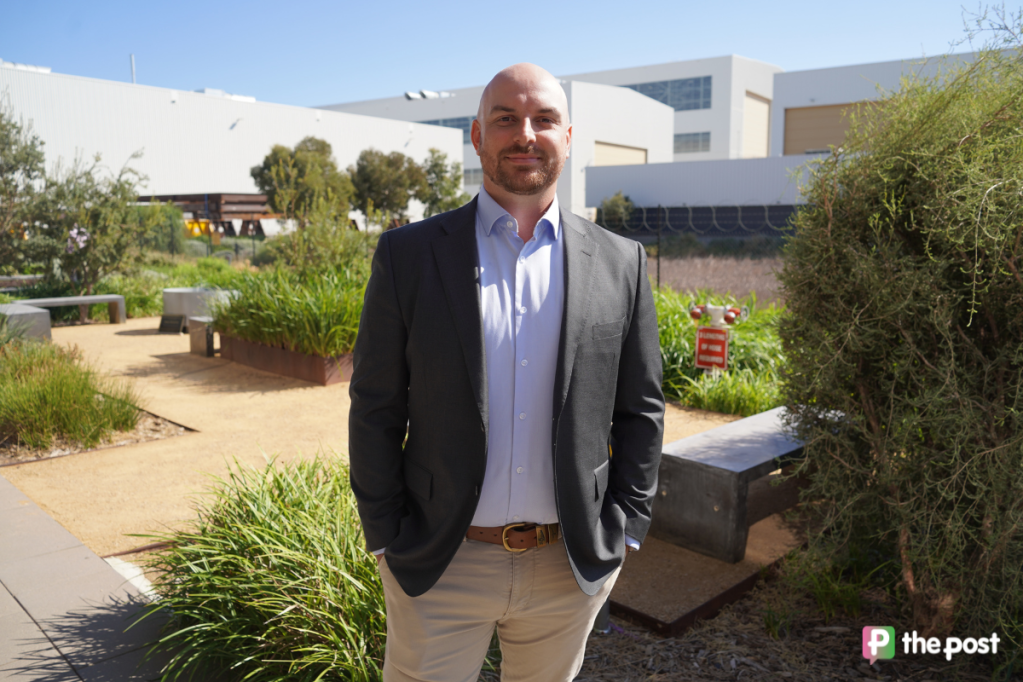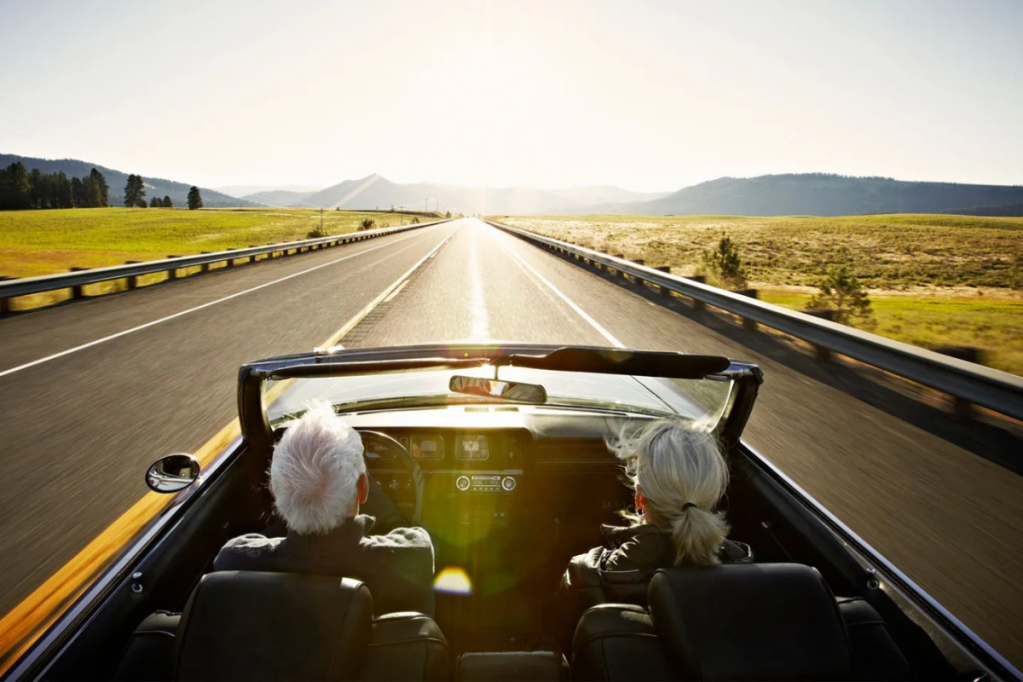These are the ‘real’ Indigenous election issues
Beyond Welcome to Country ceremonies, John Paul Janke explains what is important to Indigenous Australians ahead of the federal election.
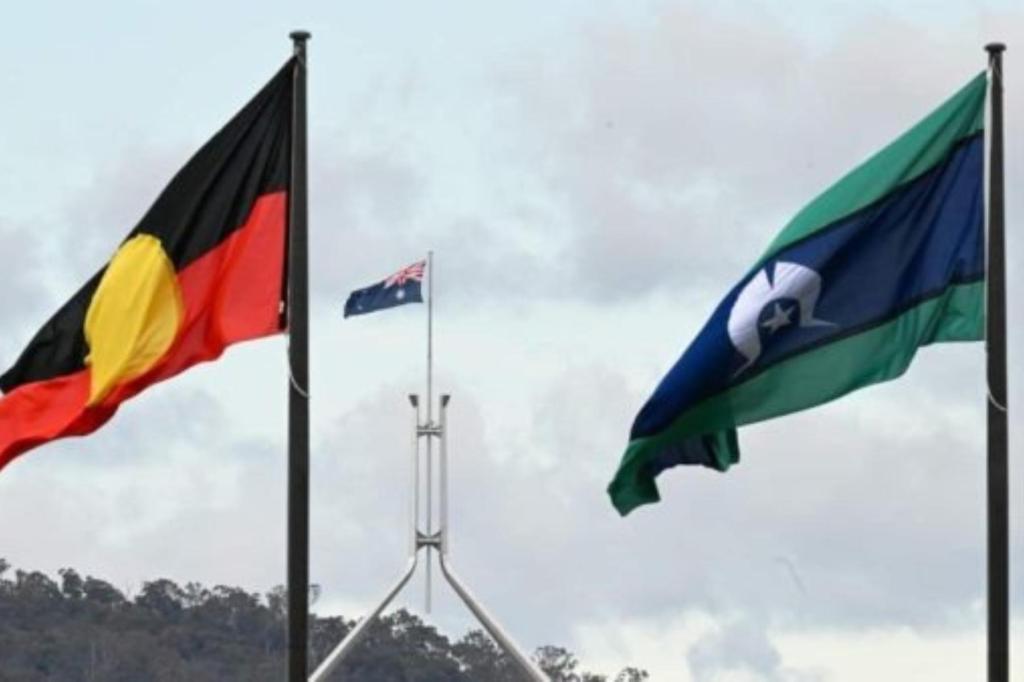
This weekend, 120,000 voters, including Indigenous Australians, across Cape York, the Torres Strait Islands and Cairns will vote on who will replace long serving Federal MP Warren Entsch.
The former farmer and crocodile hunter has held the seat of Leichhardt for the LNP for 26 of the last 29 years.
Leichhardt is Australia’s only seat with an international border – Aboriginal and Torres Strait peoples make up around 16 per cent of the population – compared to the national average of just over 3 per cent.
Across multiple State and Federal governments, Indigenous voters in Leichhardt and across Australia have continually highlighted the issues that impact the regional and remote communities they live in – the unrelenting cost of living with consistently high prices for groceries, petrol, rent and services.
They’ve lobbied to address the lack of economic opportunities, even just for better access to clean drinking water or working together to end youth crime, and in emphasising the huge impact that inadequate housing and overcrowding plays in poor health and education outcomes.
These people are voters too. But they say there’s been a deafening silence from political candidates in championing these ‘real’ issues during this election campaign.
Outside of Cairns, they’re yet to see any of the major political leaders within their streets emerging from a campaign bus, shaking hands, standing in front of housing developments, local health centres or even filling up a car at the local petrol station (petrol on Thursday Island is currently $2.55 a litre).
You might like
Regretfully when it comes to First Nations’ issues it’s been a campaign that has relentlessly focused on ‘divisive’ Welcome to Country ceremonies, and those ‘un-Australian’ Aboriginal and Torres Strait Islander Flags.
So important is this issue to mainstream Australians that its led news bulletins, soaked up radio talkback, dominated online chatter and even been given generous discussion as part of a national leader’s debate.
Why have a war of real issues when you can have a culture war instead?
Surprisingly, there’s no fixation with culture wars in these communities. They’ve got more pressing urgent issues.
Forget Closing the Gap – they live the gap.
Higher up in the Cape, people in these Far North Queensland communities are dying on average 30 years younger than those in Brisbane and equal or lower than the country with the world’s lowest life expectancy.
They refer to these Cape York towns as the ‘Death Towns.’
Figures released last year from the Public Health Information Development Unit at Torrens University show that communities in the far north of Leichhardt experience some of the lowest life expectancy rates in the country.
Stay informed, daily
These mortality statistics are a stark difference to those living down south in Brisbane and below those of places like Afghanistan, South Sudan and Somalia.
In the four years between 2017 and 2021, the median age of death was 53 in Kowanyama and 54 in Aurukun.

Warren Entsch held Leichhardt for the LNP for 26 of the last 29 years. Image: AAP
Speaking on Tuesday night’s episode of The Point on NITV and SBS, former Young Australian of the Year and Business owner Tania Major said she believes that the election campaign missed a great opportunity to change the dialogue and the narrative when it comes to First Nations’ issues.
“Aboriginal issues, whether it’s Welcome to Country and whether it’s youth crime, are always used as the forefront for a political agenda to politically point-score and win voters – whilst they’re winning voters, we’re actually losing the human connection and the empathy most Australian have,” she said.
Major, who lives in Kowanyama is joined in tonight’s episode by Josh Creamer, lawyer and former Chair of Queensland’s Indigenous truth-telling and healing inquiry and Stacee Ketchell, a youth advocate, co-founder and Chair of DIYDG – Deadly Inspiring Youth Doing Good based in Cairns (Gimuy).
For Creamer, it’s been a pretty uninspiring campaign.

(L-R) Ketchell, Creamer, Janke and Major discuss the election. Image: Jack Giam/SBS
“The only things that I’ve heard really are the negative aspects. I’ve heard us becoming a bit of political football again.”
“We’ve heard of a Royal Commission into abuse in Indigenous communities. We’ve heard reviews in the Land Councils. We’ve heard that they’re bringing the red pen through Indigenous spend, things like the First Nations Ambassador removing Welcome to Country,” Creamer said.
“So, I haven’t heard anything positive at all about what’s next for our future. We’ve been left behind at the political level, and that for me is the big takeaway from this election campaign.”
The reality for First Nations peoples is what Aboriginal Leader Noel Pearson calls “the elephant and the mouse problem that has characterised Indigenous affairs” — the fact that Aboriginal people, who make up 3 per cent of the Australian population, have “extreme minority status” and the remaining 97 per cent holding all the cards and the power over their lives.
This election campaign has highlighted that it is a power imbalance that endures.
Welcome to the reality of black Australia.
John Paul Janke is National Indigenous Affairs Editor at SBS and NITV (National Indigenous Television) and host of The Point.
